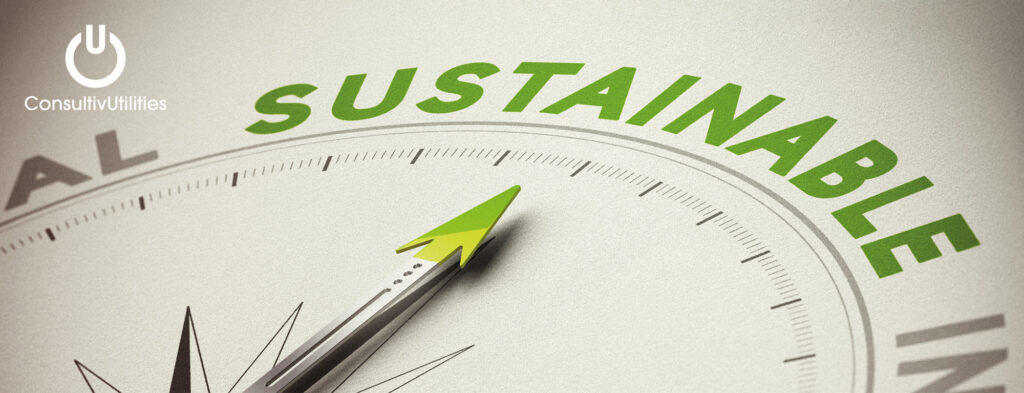Investing in sustainability can help your business enjoy greater long-term success
In 2024, sustainability matters. Experts are warning of devastating consequences if businesses, individuals and governments alike don’t do more to support the environment, meaning organisations of all sizes and industries must make sustainability a top priority.
But sustainability isn’t a quick fix, and being a sustainable business is about more than just investing in a recycling bin. True sustainability requires structural change and investment, designing fundamental operations with environmental impact in mind.
Today’s businesses must take responsibility for their environmental impacts and do what they can to mitigate the negative ones. By doing so, businesses can enjoy a better reputation, as well as increased sales, profit and productivity, and of course, helping the global effort to tackle climate change.
The importance of sustainability
Sustainability in business is important from an environmental standpoint, ensuring brands of all industries and sizes are doing their part to protect the planet’s future. But from a business standpoint, sustainability is still essential.
Today’s consumers are more likely to align themselves with brands that are taking active steps to be greener. Forbes reports that 66% of global consumers are willing to pay more for sustainable products, and this rises to nearly three quarters (73%) when focusing on the group with the highest purchasing power: Millennials.
Shoppers care about sustainability, meaning the most sustainable options in any given industry are going to have an upper hand. Adapting your business now and earning a reputation as a sustainable organisation can help you increase profits in the long run.
Steps to becoming a sustainable business
Sustainability is an umbrella term, and can cover many different areas from gas and electricity to water and waste. As a whole, sustainability focuses on creating a resilient environment that encourages a long term positive impact.
In many cases, simple changes can make a big difference to business sustainability. Everything from reusing and recycling to switching to LED bulbs, reducing plastic, reducing travel for employees, and investing in energy efficient appliances. Taking a holistic view to sustainability is also important, looking at not only how green your business is, but the environmental impact of every link in your supply chain.
Sustainability goals should be embedded in company culture. Business leaders have a responsibility to ensure every member of the team knows how important it is to be greener, setting targets, collaborating on ideas and even offering incentives. This can be part of a wider positive culture that encourages transparent communication and a sense of community.
Technology and innovation can help you reach your business sustainability goals. Investing in technology like cloud storage and communications allows your business to be more flexible, cutting out commutes with remote working and avoiding the need to invest in costly, energy-sucking hardware and storage. Enabling collaboration and creativity will help you harbour a culture of innovation, which is essential in a sustainable business that needs to be able to act quickly.
Final thoughts
Investing in sustainability is not only a good ethical decision, but a good business one, too. Sustainability improves business reputation, which in turn can boost profit and sales over time. Staff retention rises in a supportive culture that aligns with their own values, and communicating a commitment to sustainability can help you become a trusted brand in your industry.
Looking for help and advice on effectively improving your business’ sustainability? You’re in the right place. Reach out to a member of our team today and find out how we can help you. Click here to get in touch with the team at Consultiv Utilities.
Categories:

